Camp-Society ACTIVITIES
Home Minister Event
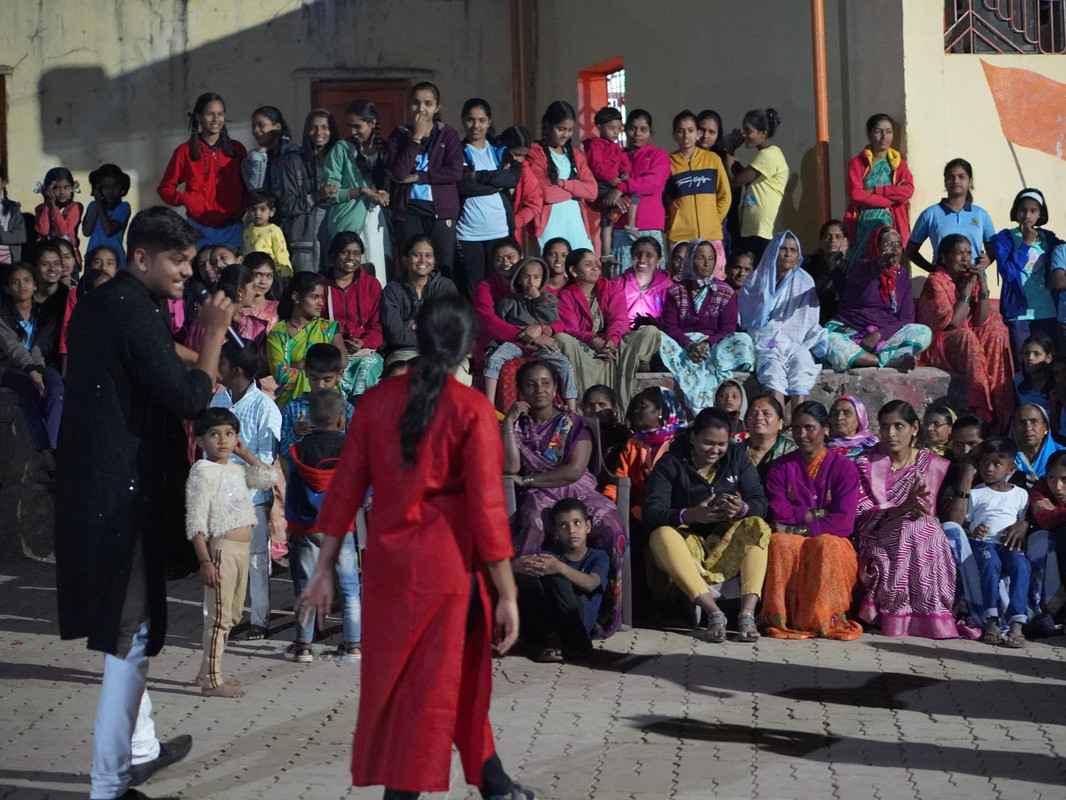
With a focus on community engagement and cultural enrichment, the Home Minister organized a series of recreational fun games tailored for the women of the village.
Cultural Program
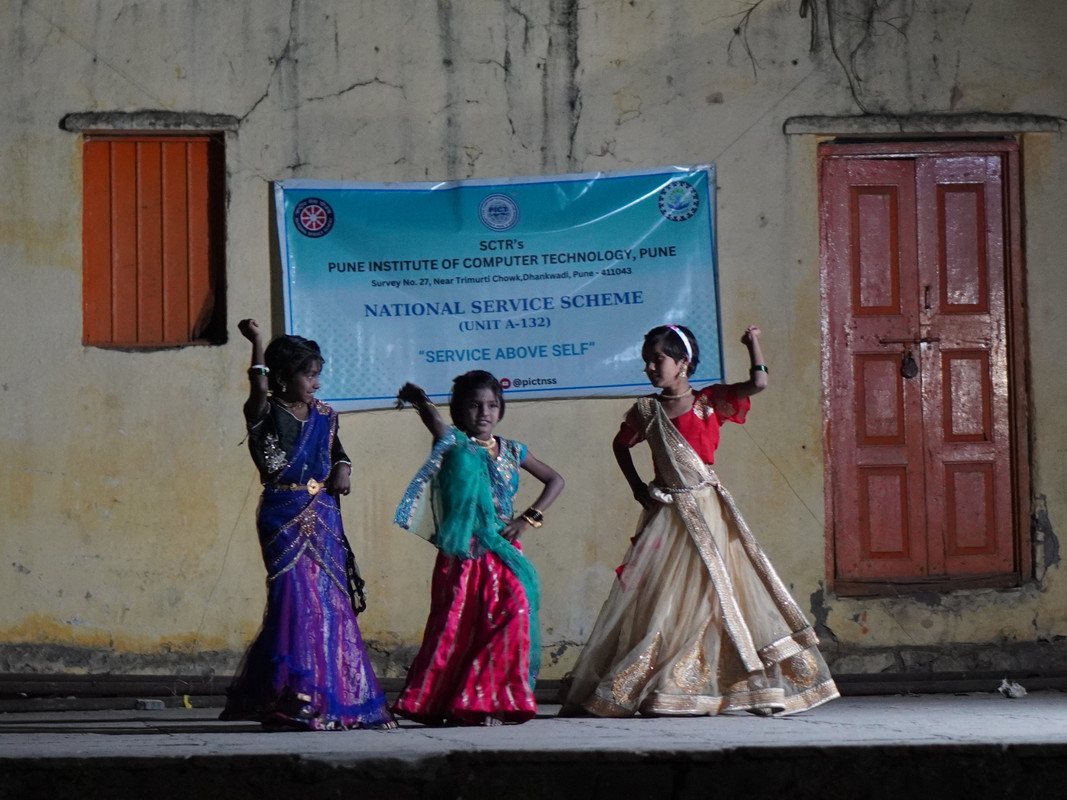
In the heart of Kanjale, a stage awaited, not for gladiators, but for the vibrant talents of school students. These weren't just any students, mind you, they were culture connoisseurs, eager to share their Maharashtrian roots with wide-eyed villagers.
Job Card
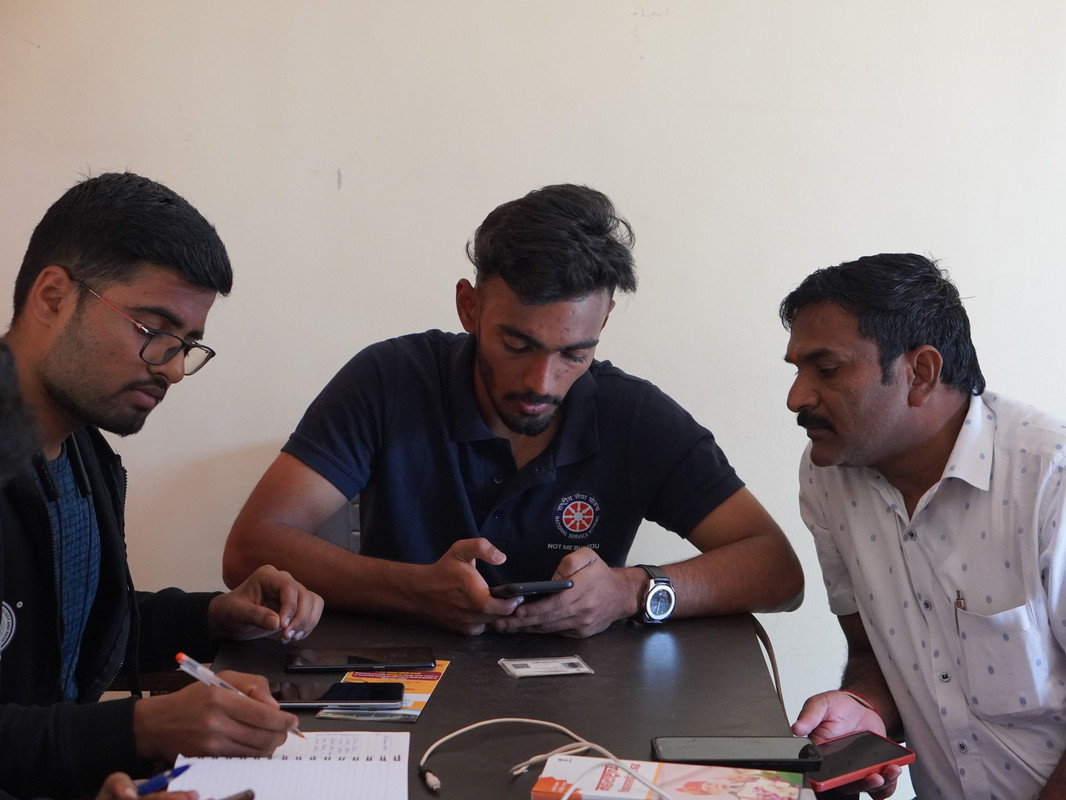
On January 19, 2024, a Job Card Making Campaign was successfully organized in Kanjale Village. The primary objective of the campaign was to empower villagers by providing them with free job cards and imparting knowledge about its advantages.
Government Scheme Door-to-door Campaign
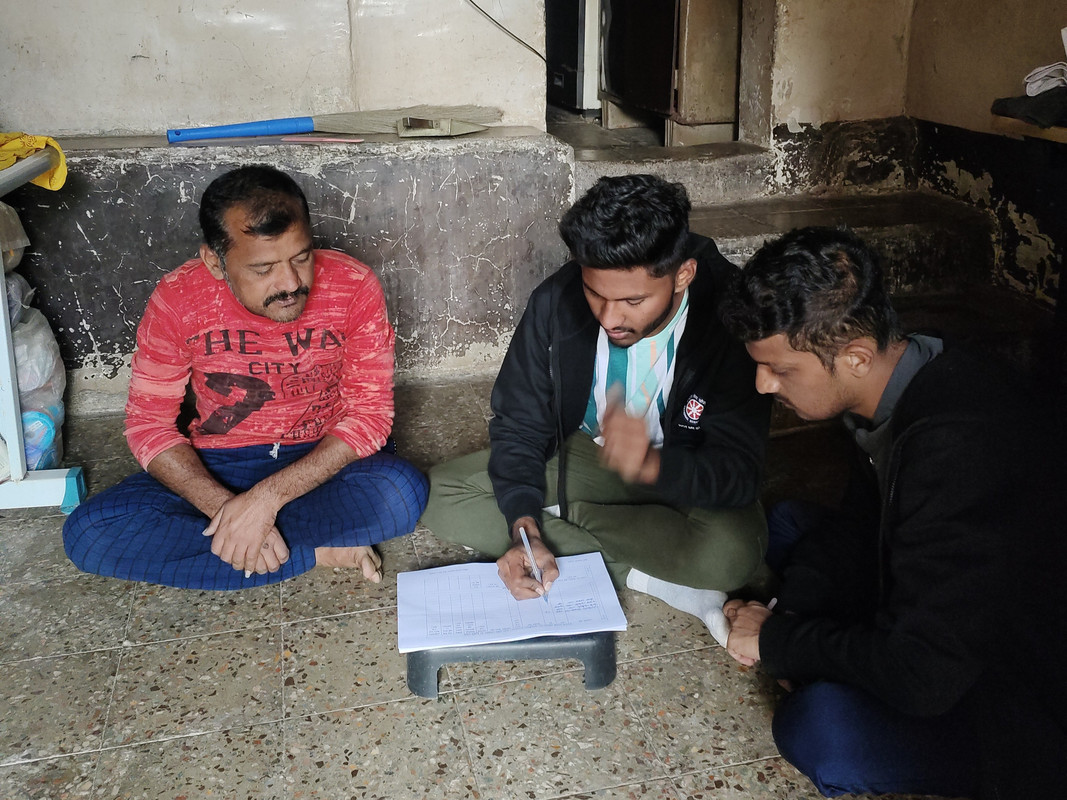
On 19th January , a door-to-door campaign on Government Scheme was conducted for the villagers to familiarize them about the various Government initiatives for Rural development. This initiative aimed to bridge the information gap, understand local challenges, and empower villagers with knowledge about available government initiatives
Temple Cleaning
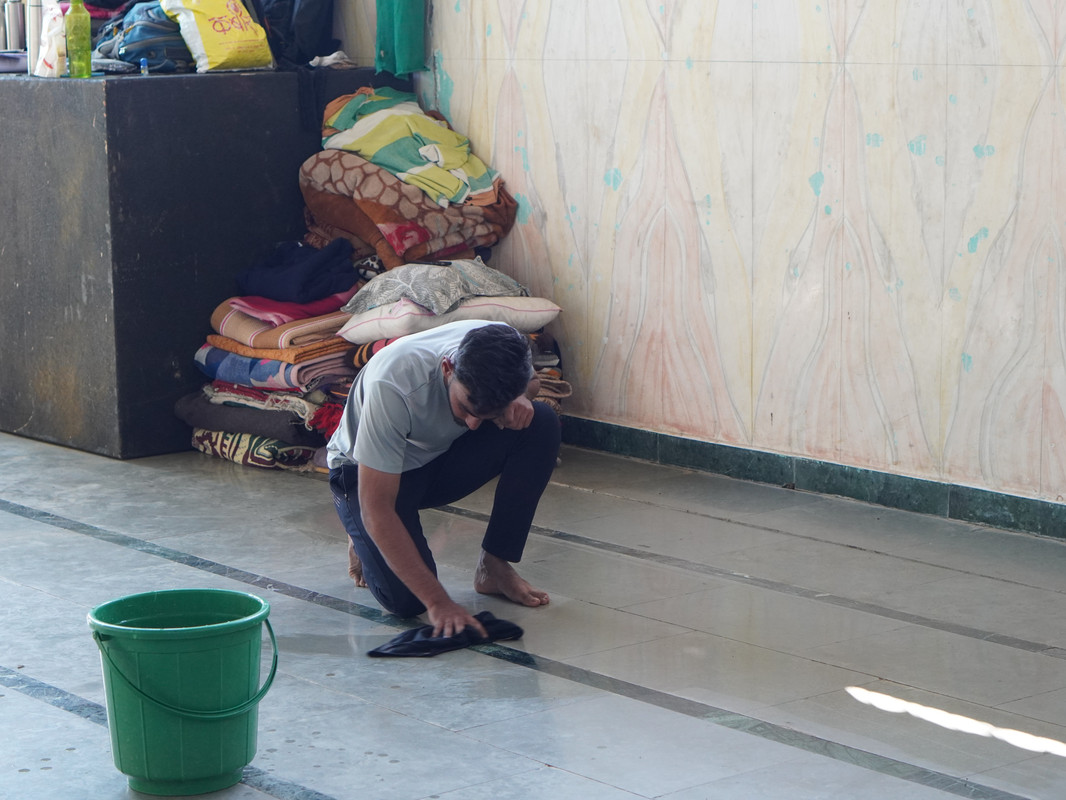
This activity aimed not only to contribute to the cleanliness and maintenance of a religious site but also to instill a sense of social responsibility of participating students. The primary objective of the Shrikrishna Temple Cleaning initiative was to promote the sense of civic engagement, instill a sense of community service, and to contribute to upkeep a local cultured and religious landmark.
Ayushman Card
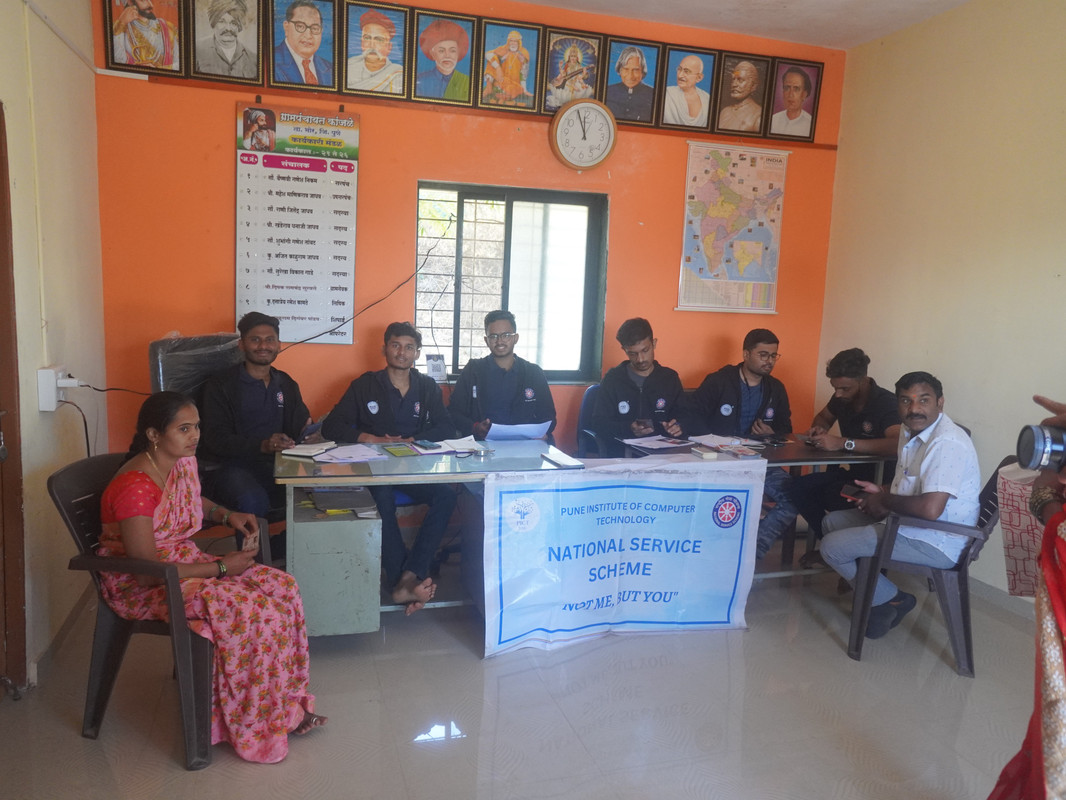
The NSS special camp orchestrated a highly impactful Ayushmaan card campaign on January 18th, hosted at the Kanjale village Gram Panchayat Karyalaya. Guided by the dedication of 8-11 volunteers, the event flourished, producing over 250 Abha cards and 50 Ayushmaan cards.
Janganana Drive
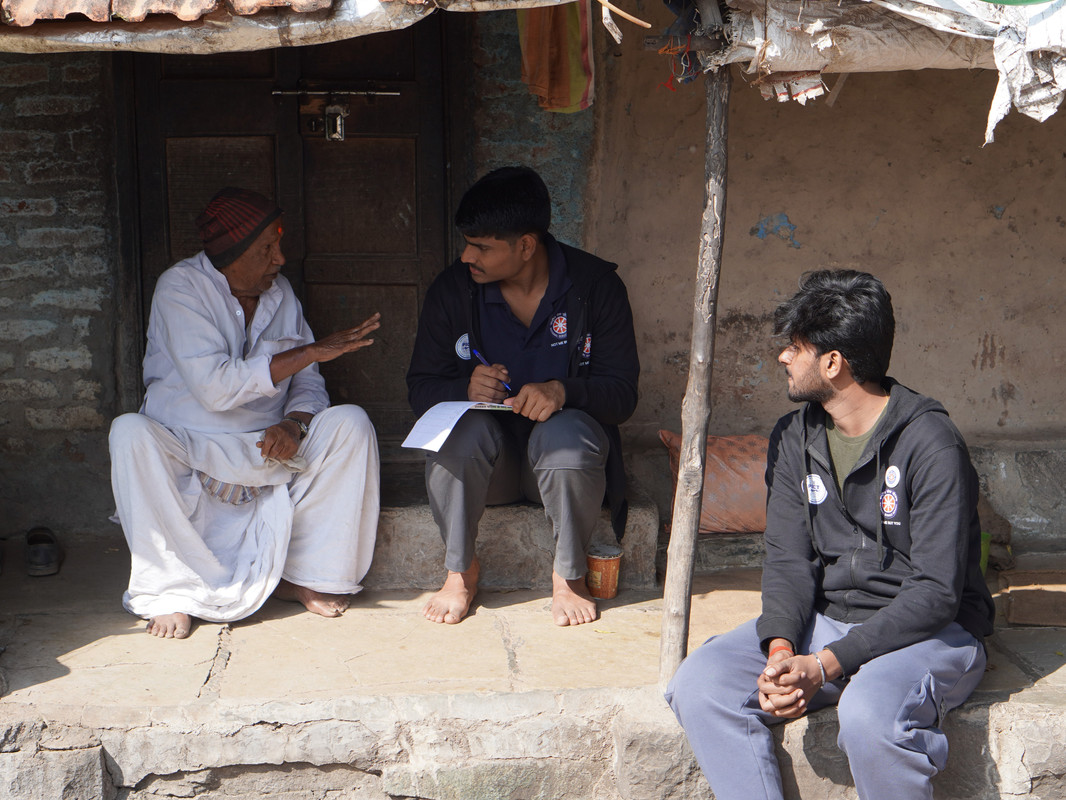
NSS volunteers visited every household in the village to gather essential information for community development and welfare programs. The Census Drive yielded valuable insights into the socio-economic status of Kanjale Village and the effectiveness of government schemes.
Street Play on Population Control
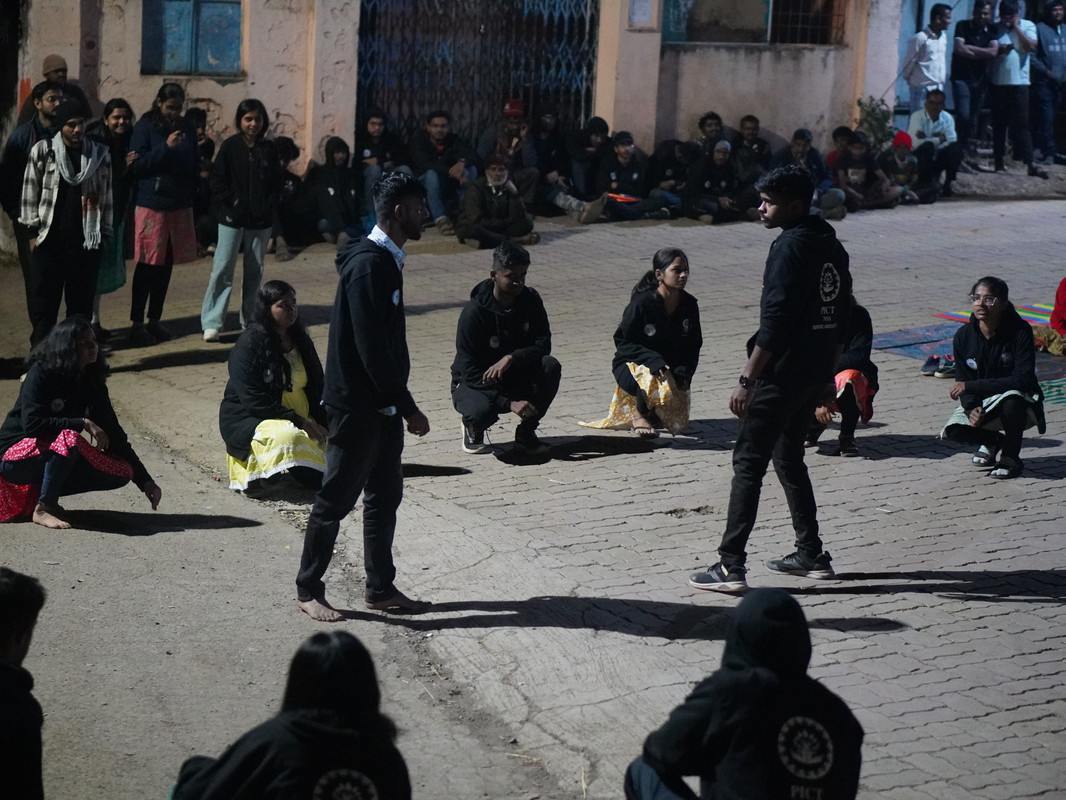
A street play on population control was performed at Kanjale on 17 January 2024. The engaging performance addressed the challenges of rapid population growth and its impact on resources. Through humor and relatable scenarios, the play encouraged villagers to consider family planning options. Local healthcare providers were present to answer questions and provide information on available services. The play was well-received by the audience, sparking discussions on responsible parenthood and sustainable development.